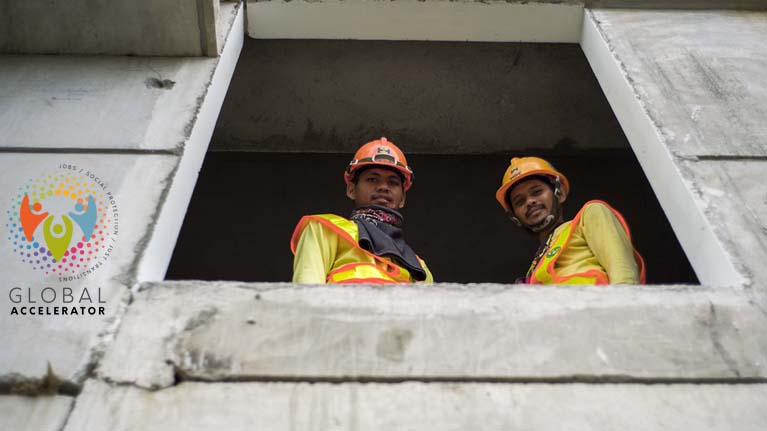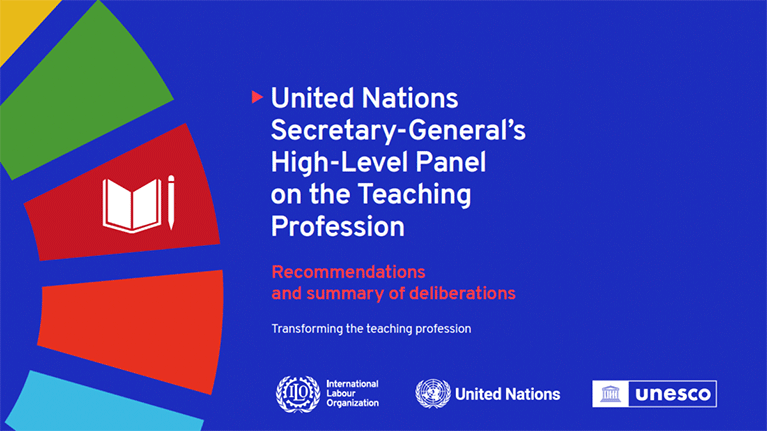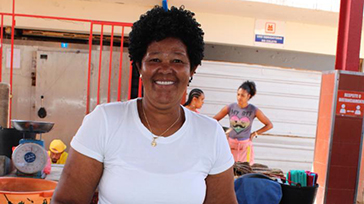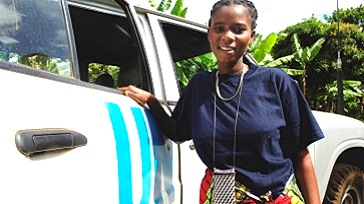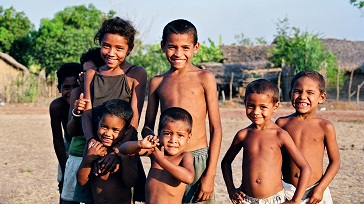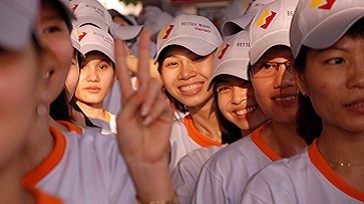The ILO and the multilateral system
Decent work has become a universal objective and is highlighted by Goal 8 of the 2030 Agenda for sustainable development and across other interconnected SDGs. In order to achieve decent work for all women and men in all corners of the world, governments, businesses, employers’ and workers’ organizations need to make this a political priority.
The multilateral system, with the United Nations at its core, provides support to countries in their endeavours to achieve sustainable development. As emphasized by the ILO Centenary Declaration for the Future of Work, “decent work is key to sustainable development, addressing income inequality and ending poverty, paying special attention to areas affected by conflict, disaster and other humanitarian emergencies”.
The UN development system continues to reform to be fit for purpose. The ILO and its tripartite constituents continue to be active agents in the process to bring about a more coherent and coordinated UN system by joining efforts with its many partners at global, regional and country levels. As mentioned by the UN General Assembly resolution endorsing the Centenary Declaration, the ILO and its constituents have played an historic role and positive contributions during its 100 years of promoting social justice.
The ILO also cooperates within the broader multilateral system that includes the G7, G20, international financial institutions and regional groupings, to promote policy coherence on decent work issues, recognizing the strong, complex and crucial links between social, trade, financial, economic and environmental policies. Hence, the Organization is well positioned to develop its human-centred approach to the future of work.








